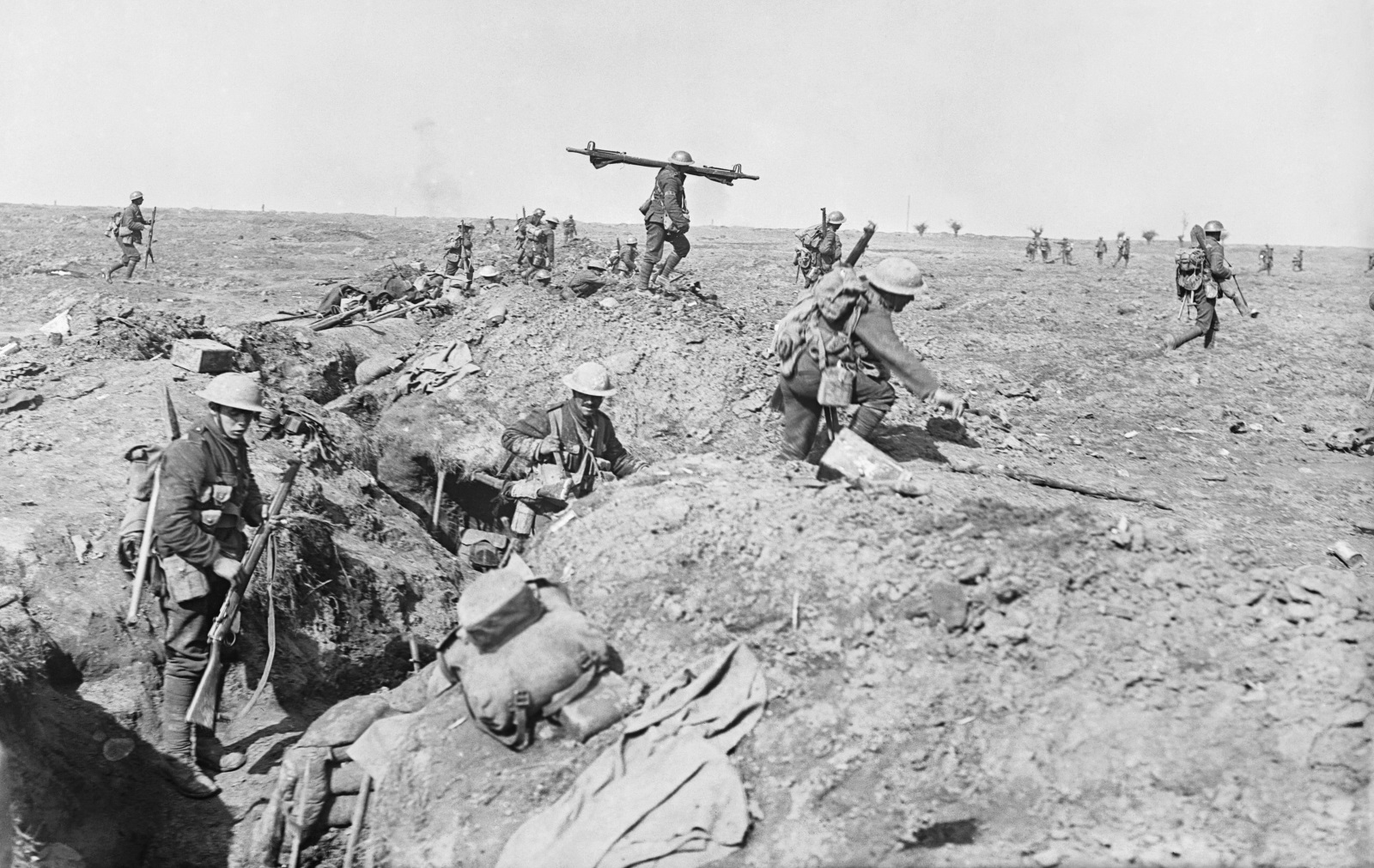





Punishments for transgressions in the British Army were many and varied during the Great War. Depending on the severity of the offence, the transgressor could be confined to Barracks and/or be docked pay. Offences such as drunkenness, appearing at parade unshaven or failing to salute a superior officer would be punished in this way.
In the field of battle, there were a number of what was known as “Field Punishments”. Field punishment No. 2 involved being put into shackles for hours. Field punishment No. 1 was shackling by the hands and feet to a fixed object like a gun carriage wheel, for anything up to three days. This was also known as “crucifixion” for obvious reasons.
There was another punishment, death by firing squad, which was meted out for what were viewed at the time as the most serious offences. Among the “most serious” offences were:
More understandable perhaps, were some offences which, if widespread, could have resulted in the wholesale undermining of military discipline:
Contrary to popular belief, only 1.1% of men in the British army who were sentenced to death by firing squad had the sentence carried out. In reality it was usually commuted to hard labour or detention. Nevertheless, the records show that 26 Irish-born servicemen were “Shot at Dawn”, in the main for desertion or “cowardice in the face of the enemy”:
Viewing their offences today, it could fairly be said that at least some of those Shot at Dawn - regardless of nationality - were suffering from what we would nowadays call “Post Traumatic Stress Disorder”.
This view prompted a campaign in Britain to retrospectively pardon all 306 of Britain’s executed First World War servicemen. This request was rejected in 1998 by then Armed Forces Minister John Reid, who stated:
Ireland and the Great War
“...the passage of time has rendered it well-nigh impossible [for a judicial pardon] in most cases...”.
Six years later, as a result of a similar campaign by the Irish branch of the “Shot at Dawn” group, Minister for Foreign Affairs Brian Cowan demanded to see the files of the 26 Irishmen executed. In October 2004 the Irish government submitted a report to the British Government stating that the 26 Irish born soldiers were unjustly shot. At the same time a fourteen year campaign by the descendents of Harry Farr, a 25 year old Londoner shot for cowardice, ended up in the High Court of Justice of England and Wales. The verdict was that Farr was being denied a conditional pardon which could have been granted because of the family’s belief that he was shell shocked at the time of his desertion.
On the 7th of November 2006, the efforts of the British and Irish “Shot at Dawn” campaign bore fruit when pardons were finally granted. The original files of the 306 executed, including the 26 Irishmen, were removed from the National Archives in Kew, and into each file was placed an individually signed legal pardon.
All of those “Shot at Dawn” are commemorated in the National Memorial Arboretum, in Staffordshire.
